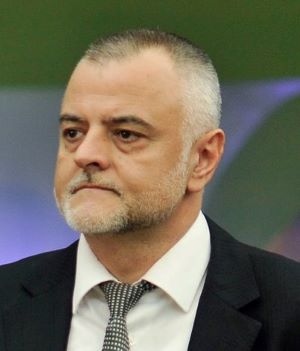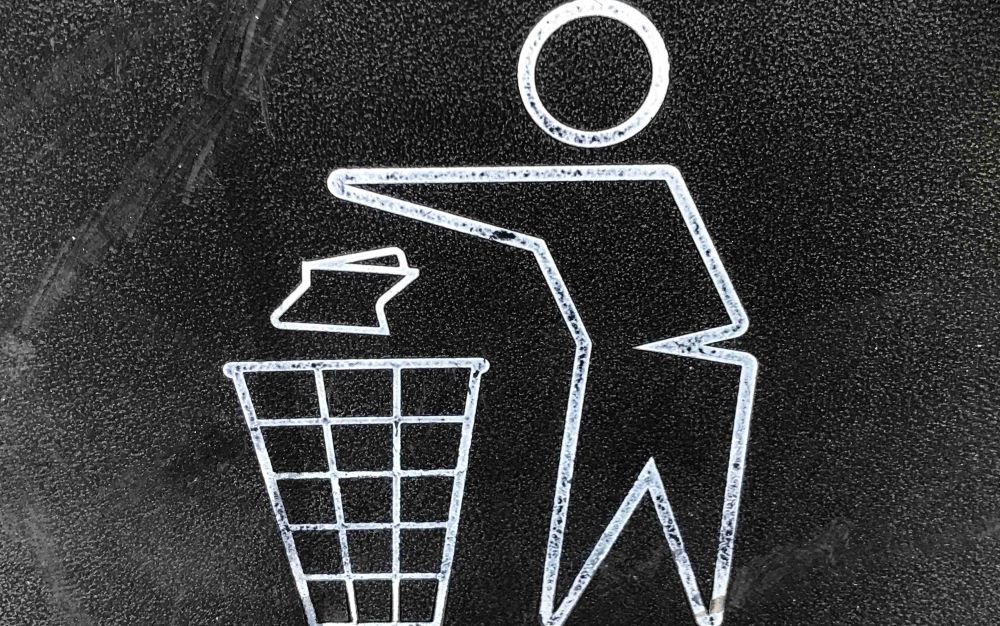In North Macedonia, environmental legislation and related strategies are highly harmonized with those of the European Union. However, there are serious challenges associated with their implementation.

Toni Popovski
Formal mechanisms for digital consultation on the adoption of strategies and laws have been established, but not infrequently, there is not enough time for all stakeholders to speak out and feedback mechanisms are still lacking.
Experience to date suggests that broader consultative processes and appropriate inclusiveness are regularly provided in cases where strategies or laws are drafted through EU or other donor-supported projects, as opposed to stand-alone initiatives by the executive authorities, which often lack full commitment to implement the principles of participation and transparency. For its part, the Assembly of North Macedonia has established practices for holding open commission consultative sessions with the participation of representatives of stakeholders, including civil society organizations.
Regarding waste management, the legal solution envisages the establishment of appropriate systems at the level of eight statistical planning regions. The competence is decentralized, and in the establishment and the functioning of these systems a major role is provided for the municipalities. North Macedonia has a single-level local self-government, one level with 80 municipalities and the city of Skopje as a separate unit of local self-government. The competencies of the local self-government are symmetrically transferred to all municipalities, regardless of their character (urban or rural), size and other specific characteristics. The solution with the establishment of regional waste management systems aims to achieve economies of scale through the use of forms of inter-municipal cooperation and institutional cooperation at the level of the planning region, in accordance with the provisions of the Law on Regional Development. Currently, only certain institutional aspects have been established, such as the so-called Regional Waste Management Boards, and there are still debates related to the selection of sites for regional sanitary landfills, as well as negotiations about the establishment of joint utilities for the management of regional landfills. A specific challenge is the resistance to initiatives for significant consolidation of municipal utilities, given that currently each municipality has at least one public utility and that the vast majority of them face financial difficulties.
In the context of education and raising public awareness of environmentally friendly waste management, an explicit obligation for municipalities is set out in the relevant legislation, but greater proactivity on the part of municipalities cannot be observed at present. The justification is mostly found in the lack of financial resources due to the low degree of fiscal decentralization in the Republic (only about 5% of the total public funds are spent at the level of local self-government). The regional waste management boards are open for participation of representatives of the civil sector, and related to the quality of services and tariffs for waste management, it is planned to ensure participation through the municipal councils as well as through the so-called consumer councils, which unfortunately are established but only on paper, i.e., no financial means and technical preconditions are provided for their functioning.
Toni Popovski, former Minister of Environment and Executive Director of the Regional Environmental Center for Southeast Europe



Leave A Comment